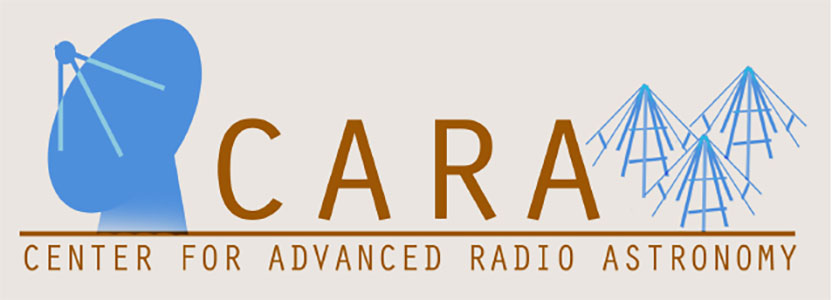About Us

The Center for Advance Radio Astronomy (CARA)
The Center for Advanced Radio Astronomy (CARA), a center of excellence of The University of Texas System, was created with the mission to create future leaders in space exploration and related technology development. The center was founded by Dr. Fredrick Jenet, a leading advocate of astrophysics research and space technology development in South Texas. It is currently directed by Dr. Teviet Creighton, a Special Breakthrough Prize winner for fundamental astrophysics research.
At the heart of CARA's programs, lies a fine balance between academics and research that leads students into successful careers in science. Within its first five years of operation, CARA placed UTRGV among the top 10 producers of Hispanic physicists in the United States. In 2013, CARA was identified by The University of Texas System Chancellor as the first designated research unit of the new university that will establish a research culture with national and international prominence.
CARA is a leader in developing radio frequency based techniques and other technologies for space exploration as well as for creating innovative programs to attract and train the next generation of scientists and engineers with a strong background in modern radio frequency technology.
CARA strongly networks on behalf of UTRGV students, opening doors and creating new opportunities for further training in other institutions. CARA’s network of collaborating institutions includes NASA’s JPL, NASA Goddard, the US Naval Research Laboratory, the University of New Mexico, the Max Planck Institute for Radio Astronomy, and Peking University.
CARA currently runs several integrated research/education programs, including the Arecibo Remote Command Center (ARCC), the Low Frequency All Sky Monitor (LoFASM), and STARGATE. In addition, CARA's founder was also a founding member of the North American Nanohertz Observatory for Gravitational Waves (NANOGrav). These projects focus on student training and mentoring. Students are actively involved in high priority research efforts and contribute to scientific discoveries.
